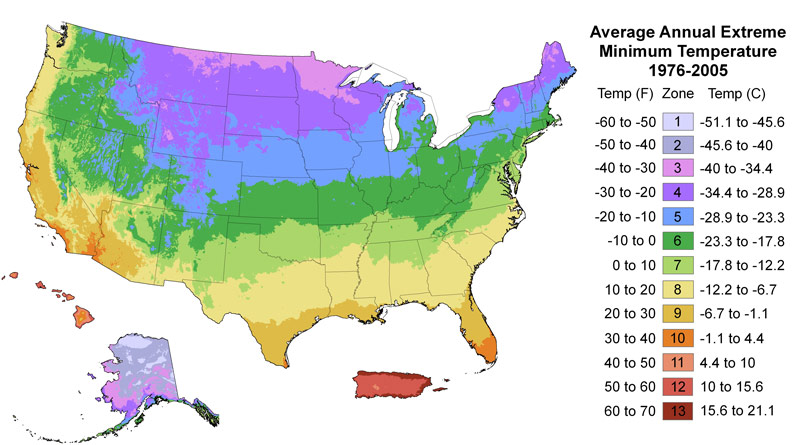Gold Nugget Loquat Tree Seedling
The Gold Nugget loquat tree produces clusters of small (1-2 inches) in size, round to oval pear shape yellow-orange fruit with about 3 smooth seeds in the center. The skin is smooth and sometimes has a red blush on top of the orangish yellow color. The flesh is sweet and juicy, somewhat like an apricot. A self-fertile tree that produces lots of fruits in the Summer months of late April to June. Gold Nugget is the most popular loquat in Los Angeles and Southern California.
Not compatible with your zone (2a)
General Plant Information
Gold Nugget Loquat Tree Information and Care
The Gold Nugget loquat trees are subtropical evergreen fruiting plants with large, glossy dark green leaves that grow well in low light or partial sunlight. The large leaves collect sun from a large surface area. They can become hot in the full sun during heat waves and burn around the tip and edges during the Summer. Mature trees with large and strong roots acclimate to the climate and show little to no stress over time in the Full Sun. They often pop up in people’s backyards from Birds carrying the seeds.
Loquat trees are drought tolerant produce clusters of fragrant white flowers in the Fall.
Fertilize Loquats with organic fruit tree fertilizer like manure, blood meal, and bone meal. Do not use too much nitrogen fertilizer that promotes growth and reduces flowering. Use organic fertilizers with more phosphorus and potassium such as bone meal to promote fruit production.
Few pest tend to bother loquat trees. Sometimes, common insects like the black scale and diseases like fire blight can affect trees. Crown rot is also another known problem. However, in general, trees are resilient and have little issues with pests.
Additional Information
Sun Exposure : Full SunWatering : Regular
Botanical Name : Eriobotrya japonica Lindl.
Plant Type: Evergreen
USDA Hardiness Zones: 8-11
Pollination: Self-Fruitful / Self Pollinating
Chill Hours: Less 100 hours below 45°F
Planting Information
Soil and Planting: Plant in soil that drains well. Dig a hole that is as deep as the tree’s roots and at least twice as wide.
Place the tree in the hole and backfill around the plant’s roots with a mixture of the native soil and high-quality planting mix that has washed sand and organic fertilizer.
Create a basin around the roots drip zone so that water collects. Water deeply until the roots and nearby soil is saturated and reaches field capacity.
Plant Care Information
Limited Guarantee and Returns
Compatibility
The two factors that determine if a deciduous fruit trees will grow well and produce fruit in a certain area are the Chill Hour Requirement and the Cold Hardiness. “Chill hours” are the amount of cold a deciduous fruit tree need to produce fruit. This is measured in the number of hours below 45 degrees Fahrenheit a plant must experience during its winter dormancy. Paradise Nursery only grows Low Chill fruit trees that meet the chill requirements of all areas of the United States.
The second factor is Cold Hardiness. Cold Hardiness refers to the minimum temperature a plant can tolerate. The USDA’s Cold Hardiness Zones indicate the average minimum winter temperatures of areas. Based on the shipping zipcode, our website will only allow you to add plants to your cart that grow within your USDA Hardiness Zone, and tolerate your climate.
Pollination & Propagation
(Grafting/Cutting) Most of Paradise Nursery’s edible plants are self-fruitful. Self-pollinating trees do not require an additional tree to produce fruit. For your convenience, we have indicated which trees require a pollinator, and their associated pollinators. Only the sweet cherries, avocados, and some plums require a pollinator. All of our other propagated edible plants do not require a pollinator. All of our edible plants are either grown from cuttings, budded, or grafted. This way, we can ensure that our plants are high quality and fruit immediately. Plants will generally begin fruiting within a year of planting.



